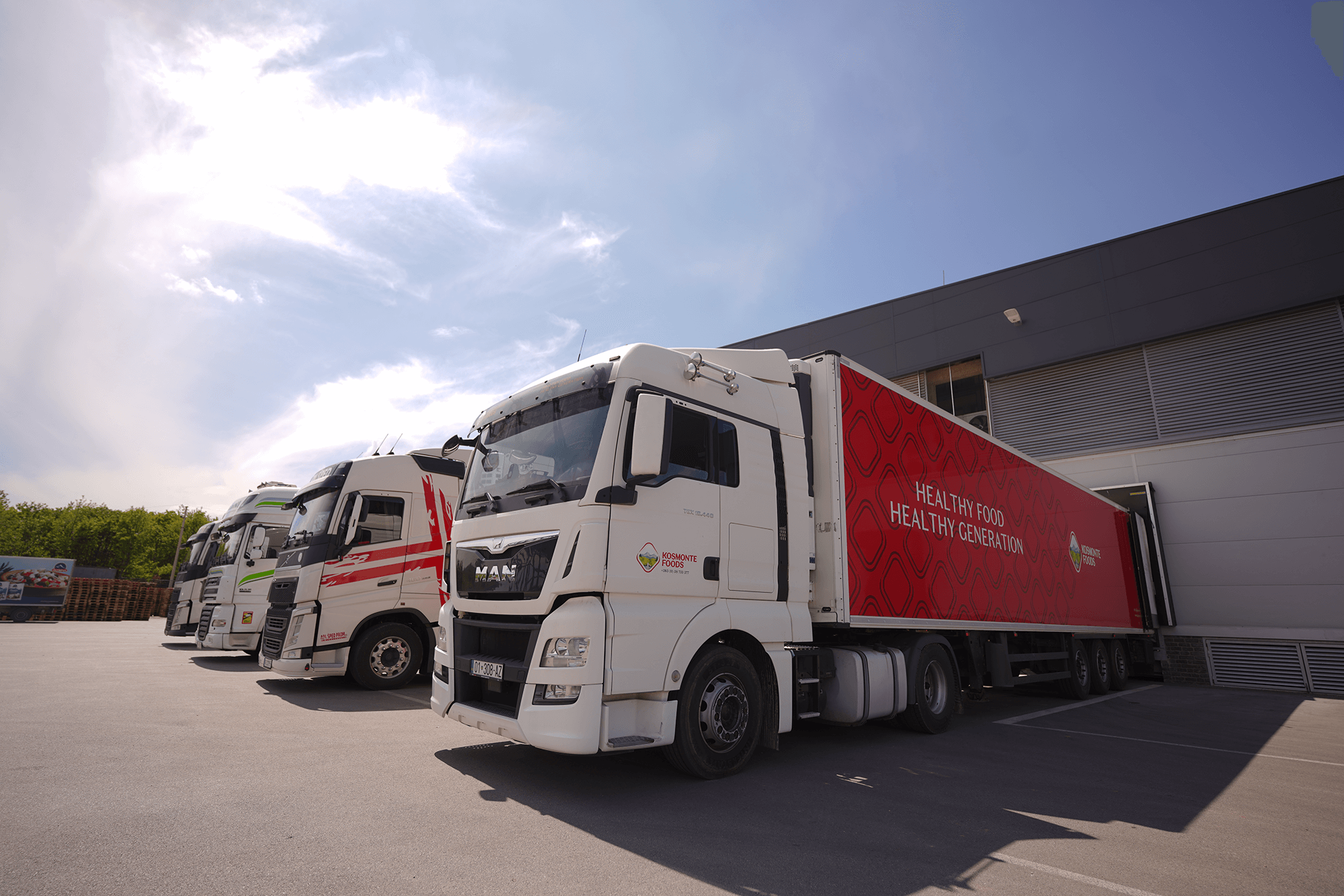In the global food industry, the backbone of a successful supply chain is advanced warehouse infrastructure.
Digitally controlled temperature warehouses, such as those operated by Kosmonte Foods, are essential for achieving food safety, preserving product quality, and maintaining efficiency in the supply chain.
As the food industry evolves, the need for sophisticated warehouses capable of handling diverse and temperature-sensitive products becomes increasingly imperative.
Global Trends in Digitally Controlled Storage
Experts agree that demand for digitally controlled temperature storage is steadily increasing as consumers increasingly lean toward fresh, frozen, and ready-to-eat products. Industry leaders in Europe, North America, and Asia have long recognized that improper storage is one of the primary causes of food loss and quality degradation.
Kosmonte Foods is at the forefront of this trend in Kosovo, with 17 specially designed warehouses to maintain ideal conditions for all types of products. By offering storage for frozen, fresh, dairy, and dry products, the company ensures that food products retain their original quality from the farm to the consumer’s table.
Why Warehouses Matter in the Global Supply Chain
International food logistics experts emphasize the importance of advanced warehouse systems in managing the global food supply chain. In countries like the United States, Germany, and Japan, modern warehouses have revolutionized food product distribution, ensuring that they reach the market without compromising quality or safety.
Warehouses with various temperature zones allow an uninterrupted flow of products—from frozen meat and vegetables to fresh dairy products—all without the risk of spoilage or contamination. This efficiency reduces product losses and guarantees that consumers receive high-quality food, regardless of location.
What Experts Say About the Future of Food Storage
Looking ahead, the demand for controlled-temperature storage is expected to grow further, driven by changes in consumer preferences, increased focus on food safety, and the rise of direct-to-consumer distribution models. Experts predict that businesses equipped with the right infrastructure will dominate the future spectrum of the food industry.
Kosmonte Foods is already positioned to lead the market in Kosovo, investing in world-class storage capacities that meet global standards. This infrastructure is not just an operational advantage; it is a strategic necessity in a food industry where efficiency, safety, and quality are priorities.
